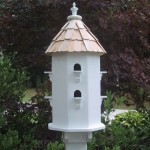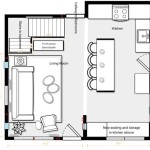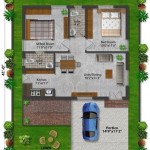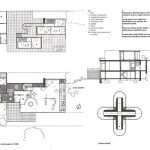Survival House Plans: Preparing for the Unexpected
In an era marked by increasing uncertainty, the concept of a survival house plan has gained traction. These plans, designed with resilience in mind, prioritize self-reliance and preparedness in the face of potential disasters or societal disruptions. A survival house plan moves beyond mere aesthetics, incorporating features that address essential survival needs like food, water, energy, and security. It is a proactive approach to safeguarding oneself and loved ones, ensuring a degree of autonomy in the face of unforeseen challenges.
Key Considerations for Survival House Plans
Designing a survival house plan requires careful consideration of various factors, ranging from the location and construction materials to the inclusion of essential systems and features.
Location and Site Selection
The location of your survival house is paramount. Ideally, it should be in a remote, secluded area, offering a degree of isolation from potential threats. Factors to consider include access to natural resources like water sources, proximity to potential hazards such as flood zones or seismic activity, and considerations for security and privacy.
Construction Materials and Techniques
The choice of construction materials directly impacts the durability and longevity of your survival home. Sustainable and readily available resources are preferable, with an emphasis on materials that offer strength and resistance to environmental factors. For instance, concrete and steel are highly durable, while sustainable options like bamboo or rammed earth can provide cost-effective and eco-friendly solutions.
Essential Features for Self-Reliance
Beyond the physical structure, a survival house plan incorporates features that enhance self-reliance and adaptability. These features cater to essential needs like food, water, energy, and security, ensuring a higher degree of independence in challenging situations.
Food Production and Storage
A survival house plan might incorporate features for food production, such as a greenhouse or hydroponic system, allowing for year-round food cultivation. Ample storage space for non-perishable food items and provisions is crucial for long-term sustenance. A well-stocked pantry ensures a reliable source of nutrition even in times of scarcity.
Water Collection and Filtration
A reliable water supply is essential for survival. Survival house plans often include rainwater collection systems, ensuring a consistent supply of water. Additionally, water filtration solutions are crucial for removing contaminants and ensuring the safety of collected water. Incorporating water-efficient fixtures and appliances conserves precious resources.
Security and Protection
Security is a critical aspect of survival housing. The plan may feature reinforced doors and windows, security systems, and strategically placed surveillance cameras. Features like a secure perimeter and concealed entrances provide an additional layer of protection, making your home a safe haven from potential threats.
A survival house plan goes beyond mere architectural designs; it represents a comprehensive approach to preparedness. By factoring in essential survival considerations, these plans offer a sense of security and autonomy, empowering individuals and families to navigate unforeseen challenges with resilience and self-reliance.

45 Best Minecraft House Ideas And Designs For 1 20 Rock Paper Shotgun

10 Minecraft House Ideas Easy And Simple Designs Fineshare

Top 6 Minecraft Survival House Ideas You Can Try In 2024 Houses Designs Cute

Roundhouse Survival Shelter Plan

Fortified Homes Get A Home At Hardened Structures Inc Bunker Survival Shelter House Plans

10 Minecraft House Ideas Easy And Simple Designs Fineshare

Subterranean Survival Shelter Plan

Minecraft How To Build A Ultimate Survival House 2 Players Plans Storage Designs

Minecraft House Tutorial 17 Large Wooden Survival How To Build

Top 6 Minecraft Survival House Ideas You Can Try In 2024








